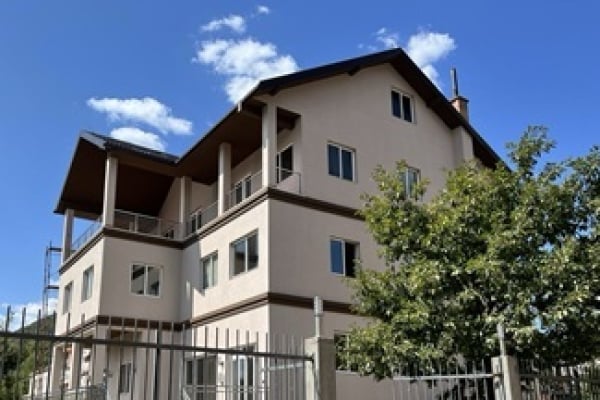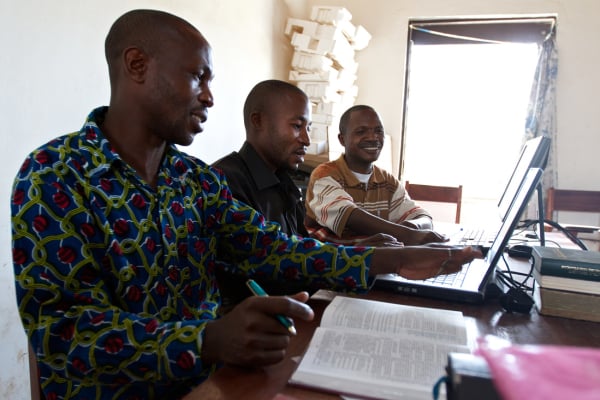Not Perfect But Real
Christians aren’t perfect, just forgiven.
I’ve always disliked that bumper sticker. To me it sounded a bit pious, as if we’re saying, “Well, I’m sorry if I don’t live up to your expectations, but at least I’m going to heaven.” I don’t know if unbelievers take it to be as smug as I do, but in any case, I think it misses the mark.
When people see that I’m less than perfect, they don’t really care if I’m forgiven. What they want to know is if I’m real. When I mess up, do I “’fess up”? Do I admit when I’m wrong and make it right, or do I put on my cloak of righteousness and pretend like it never happened?
A critical part of workplace ministry is living a life of integrity. Don’t misunderstand me: Integrity is not perfection. It is humility and transparency about our imperfection. Admitting when we’re wrong and making it right is integrity.
Remember the story of Zacchaeus in the Bible? (I wrote about him here.) When Jesus changed his life, he didn’t say to his detractors, “I may not be perfect, but at least I’m forgiven!” Instead he exclaimed, “Lord, if I’ve defrauded anyone, I’m going to make it right. I’ll repay them four times what I took from them” (my paraphrase).
That’s integrity! And it has a way of silencing detractors. I think it would have been tough for Zacchaeus’ neighbors to keep grumbling about him after such a stunning admission and act of restitution!
The world doesn’t need to know that we’re forgiven as much as it needs to see that we are real. Humility, transparency and integrity are unassailable, and they will open doors to even greater ministry.
Let me illustrate what this looks like in my world. When my wife, Jerusha, and I moved into a new home several years ago, I discovered free Wi-Fi access through my neighbor Brian’s unsecured connection. Surely he wouldn’t mind sharing his Wi-Fi with me until I could arrange to get ours hooked up. But time passed, and the easy (and free!) internet access courtesy of the unwitting Brian continued … for two years! During that time, I rationalized that if Brian didn’t want others to use his Wi-Fi, he would’ve protected it. Then one day, God convicted me about it. But what should I do? The obvious answer was to quit using Brian’s internet service and pay for my own. But should I tell him what had been going on? What would he think of his fine Christian neighbor’s behavior?
I don’t know if Zacchaeus struggled with those kinds of questions, but I sure did. In the end, Jerusha and I invited Brian and Donna over for dinner one evening and I said, “Brian, I need to confess something to you.” And I told him. Then I asked him to forgive me. And he did.
I don’t know what he thought about me after that, although he sure responded graciously to my apology. But I do know this: Before, he might have thought I was perfect, but now he knows that I’m real. And I think most people would take real over perfect any day.
 Dale Losch joined Crossworld as a disciple-maker in France in 1988, and has served as Crossworld’s president since 2009. He loves to motivate people to use their God-given passions to make disciples wherever life happens. Hear more from Dale.
Dale Losch joined Crossworld as a disciple-maker in France in 1988, and has served as Crossworld’s president since 2009. He loves to motivate people to use their God-given passions to make disciples wherever life happens. Hear more from Dale.
.png)

 By Dale Losch
By Dale Losch











